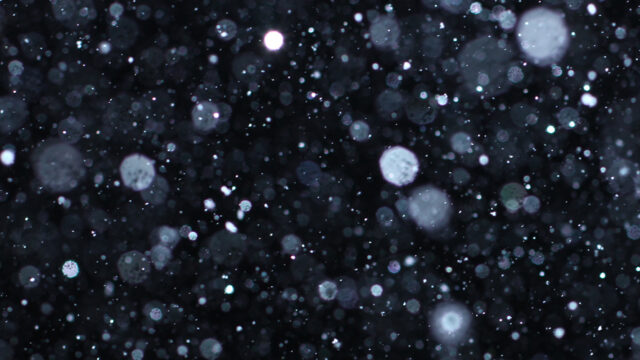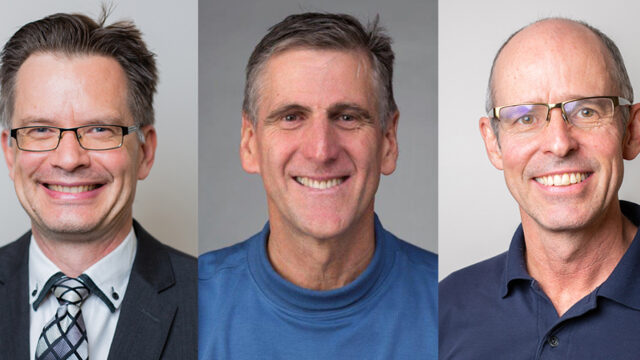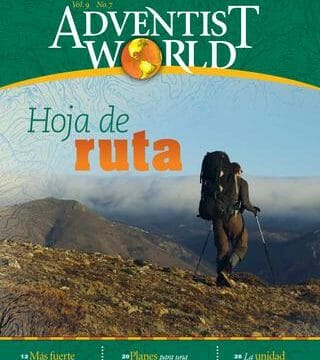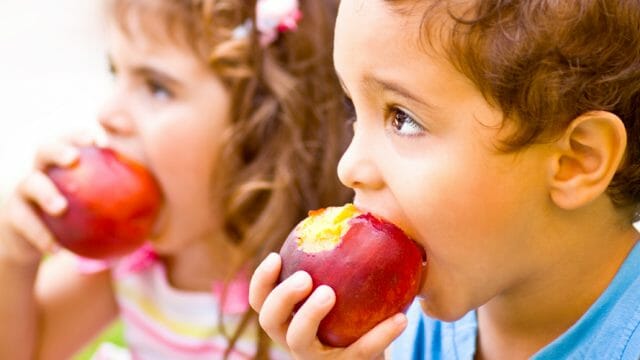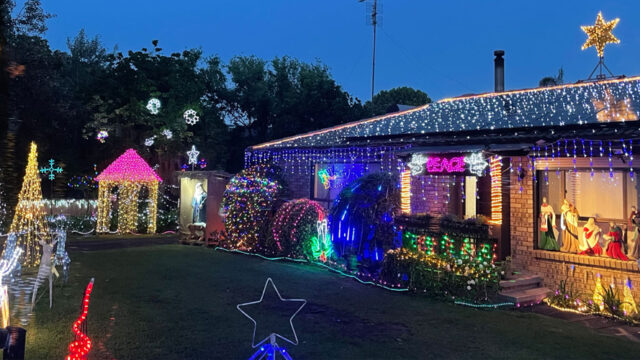Initiatives in the partnership are helping fish stocks to recover, ecosystems to regenerate.

With more than 60 percent of the population living in coastal regions, Mozambique has a special historical connection to the sea and the coast. Fishing has a long tradition and, along with agriculture and forestry, is a major source of income for the local population. Mozambique’s 2,700-kilometer (almost 1,700-mile) coastline is home to rich biodiversity, including mangrove forests, coral reefs, and seagrass meadows. These ecosystems serve not only as breeding grounds but also as a habitat for numerous fish species on which traditional fishing lives.
Two aid organizations, Adventist Development and Relief Agency (ADRA) in Germany and Rare, are working with 10 coastal villages to overcome the challenges in the medium and long term. Through effective coastal protection and new cultivation methods, residents of the villages are learning how to do what is beneficial for both nature and people.
In the Nampula region, where the aid project is taking place, most people are smallholder farmers who grow food for their own consumption or live from fishing. Climate change and harmful practices in fishing and agriculture are threatening both fish stocks and crop yields. Mangrove forests and coral reefs, which are supposed to protect the coasts from the floods of the Indian Ocean, have been cut down or damaged in recent years.
Bringing about Positive Change
Rare and ADRA Germany’s cooperation helps the people in the project area to better protect themselves from natural disasters and to find an answer to overfishing. They have already joined forces in working groups to achieve these goals step by step. These groups also help women to participate in the planning and implementation of the project. Through awareness campaigns, women are made aware of their rights and encouraged to push for them.
Local civil society organizations (associations and groups at the village level) are involved in all decisions, from the planning to the implementation of the project. Their knowledge is important to improve people’s lives in the long term, ADRA Germany reported.
Projects in the Works
To mitigate the consequences of future disasters, marine protected areas are established with the aim of consolidating beaches and marine ecosystems, experts explained. “Mangroves and seagrasses are planted or rehabilitated, while special attention is paid to coral reefs,” the agencies explained. “They not only protect the coasts from erosion and storm surges. They also provide a home for many different animal and plant species. Thus, for example, the fish population can recover and stabilize. If fish stocks increase, fishermen and women will be able to make a better living from their work in the long term.”
An early warning system will also be set up with local communities to detect extreme weather events in good time and inform people of the impending danger. Plans are being developed for emergencies. Through simulation exercises, coastal communities learn to respond better to natural disasters and get to safety.
In 10 coastal communities, the two aid organizations are supporting 14,324 people with new cultivation and fishing methods. The communities receive improved seeds for the cultivation of millet, cassava, maize, beans, cowpeas, and sweet potatoes. “These seeds can withstand short periods of drought or flooding. In addition, the people learn how to make optimal use of agricultural land by introducing mixed crops of maize and beans,” the agencies explained. “The absence of pesticides and chemical fertilizers prevents soil quality from deteriorating. The installation of solar-powered water pumps ensures sufficient water to irrigate the fields. In newly founded village shops, improved seeds from local production can be bought cheaply.”
Fishermen and women will also be supported with new fishing gear and know-how for hand fishing, a method that has no impact on the seabed and does not cause bycatch. For fish stocks to recover, fishing is prohibited in some places. In the municipalities, personnel are trained to monitor these protection zones. “To make its work easier, coast watchtowers are also being built. This is to prevent illegal fishing,” the agencies explained. In addition, fishermen and farming families are helped to find markets for their goods and to establish contacts with local and regional traders.
At the same time, Rare and ADRA Germany promote the development of environmentally friendly chicken and fish farms to further reduce the pressure on overfished stocks. These alternative diets create new jobs for the local population. “As part of further training, interested parties can acquire the necessary knowledge and secure their own income in the medium and long term. As start-up capital, they receive financial help and the necessary equipment to set up a chicken or fish farming facility,” the agencies explained. In addition, both aid organizations support beekeepers financially and materially and offer courses in the field of beekeeping. After the training, the participants can carry out these activities as a secondary occupation and supplement the family’s income.
Malnutrition is one of the most frequently diagnosed problems among children under the age of five in the project region. Nutritionally rich meals help to work against this. In demonstration events, young mothers or pregnant women learn new cooking techniques and recipes. The goal is to create a balanced diet with locally available foods.
“As harvests increase, parents can give their children enough food,” the agencies explained. “At the same time, awareness campaigns in coastal communities emphasize the importance of certain hygiene measures, such as regular hand washing and the disposal of animal and human waste, in order to prevent diseases,” they said.
About Rare
Founded in 1973, Rare is a global nonprofit environmental organization whose mission is to create change so that people and nature thrive. Headquartered in the U.S., Rare works with programs in 60 countries that work to protect biodiversity, secure livelihoods, and achieve gender equality and food security, as well as make communities and countries more climate resilient.
The original version of this story was posted by Adventistische Pressedienst.



